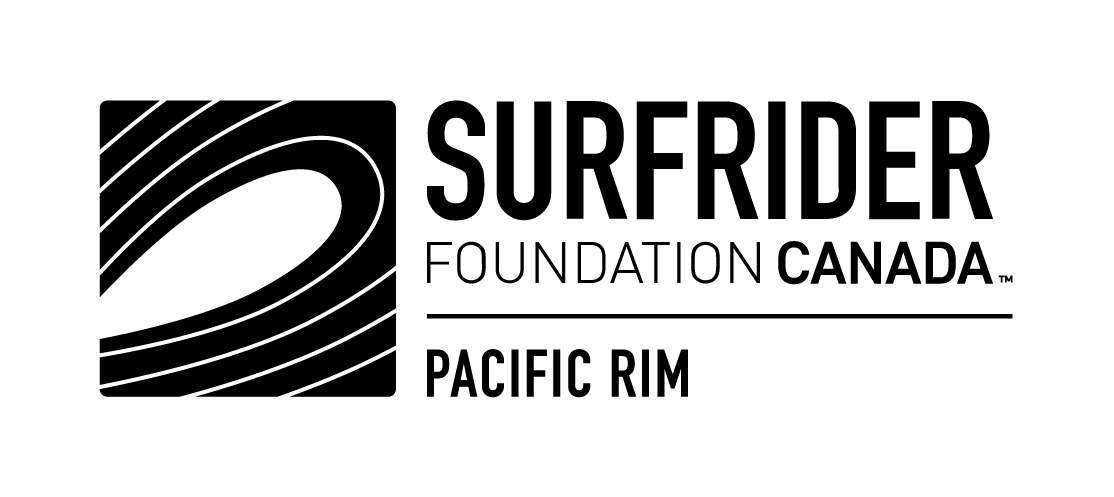Motion-80; Addressing EPS Foam Pollution in Marine Ecosystems
In the realm of environmental advocacy, few issues are as urgent and widespread as plastic pollution in our oceans. Taking a remarkable step towards addressing this challenge, Rachel Blaney, a dedicated leader and advocate, has introduced Motion-80 (M-80) to eliminate Expanded Polystyrene (EPS) foam floatation from the marine environment. In this blog post, we delve into the significance of EPS foam, its impact on marine ecosystems, and the promising potential of M-80 to drive positive change.
Understanding EPS Foam Floatation:
Expanded Polystyrene (EPS), often known as Styrofoam, is a lightweight plastic material used extensively as floatation devices in various marine applications. From docks and buoys to boats and watercraft, EPS foam provides buoyancy due to its cellular structure. However, its widespread usage has raised serious concerns about its environmental repercussions.
The Perils of EPS Foam in Marine Ecosystems:
Persistent Pollution: EPS foam is not biodegradable and can persist in the environment for hundreds of years. This results in the accumulation of foam debris in water bodies, where it breaks down into smaller pieces, ultimately leading to the release of harmful microplastics.
Harm to Marine Life: Marine animals often mistake EPS foam for food, which can have lethal consequences. Ingestion of foam particles can lead to blockages, malnutrition, and even death, disrupting marine food chains and biodiversity.
Habitat Degradation: EPS debris can clog waterways, impact aquatic habitats, and degrade the beauty of our coastlines, affecting both the aesthetic value and overall health of marine ecosystems.
Understanding Motion-80:
Rachel Blaney's introduction of M-80 to eliminate EPS foam floatation from the marine environment marks a pivotal moment in Canada's commitment to ocean conservation and environmental sustainability. The motion outlines a comprehensive approach that addresses both the removal of existing EPS foam and the prevention of future usage.
Key Components of the Motion:
Ban on EPS Foam Floatation: The motion proposes a ban on the use of EPS foam for marine floatation devices, compelling industries and individuals to transition to more eco-friendly alternatives.
Removal and Cleanup: The motion advocates for cleanup efforts to remove existing EPS foam debris from the marine environment, aiming to restore the pristine beauty of our oceans.
Promotion of Sustainable Alternatives: The motion encourages the adoption of innovative and sustainable materials for marine floatation, fostering a shift towards more responsible practices.
Collaboration and Awareness: Rachel Blaney's motion also underscores the importance of collaboration between government agencies, industries, and the public to raise awareness about the environmental impact of EPS foam.
A Hopeful Future:
M-80 presents a hopeful vision for Canada's marine ecosystems. By championing the removal and prevention of EPS foam floatation, the motion aligns with the nation's commitment to reducing plastic pollution and safeguarding marine life. As citizens, supporting this motion means taking an active role in shaping a cleaner, healthier future for our oceans.
The Surfrider Canada Foundation strongly advocates for the implementation of M-80. EPS foam is one of the most prevalent collected items across Surfrider Canada Chapters, including the Surfrider Pacific Rim Chapter. Not to mention, one of the most tedious materials to clean up! Do you want to see the end of polystyrene pollution across Canadian coastlines? Send a letter to your Member of Parliament and the Minister of Environment and Climate Change to urge them to ban polystyrene foam in floating structures in the Aquatic Environment.
